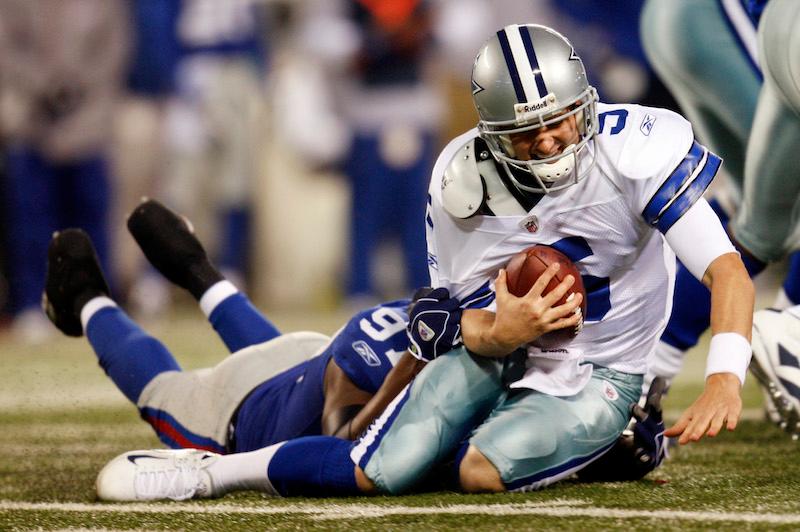NEW YORK—You could hardly design a worse scenario for smart money management than being a rookie in the National Football League. Young men in their early 20s, many from low-income backgrounds, are showered suddenly with millions of dollars, alongside teammates with millions of their own.
Meanwhile, they are surrounded by people who have been preparing for this potential payday for years—childhood friends, extended family, shady advisers.





